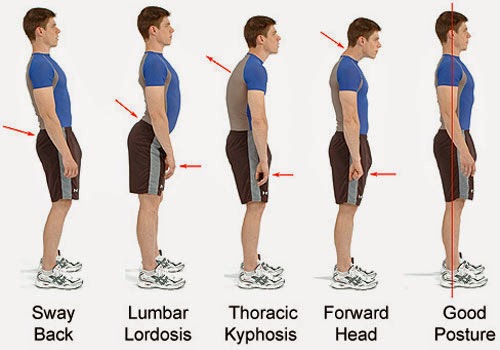So far, there's no cure for Alzheimer's in spite of the rapid increase in the number of people living with this disease. It's estimated that about 44 million people across the globe have this condition or an associated form of dementia. In the United States, approximately 5.5 million people have Alzheimer's disease. It's also the sixth-leading cause of death in the country, as it kills even more people than breast and prostate cancer combined.
While several drugs temporarily manage particular cognitive symptoms of the disease, none of them can stop Alzheimer's progression. All new treatments have virtually failed in clinical trials.
The new research basically imitates the healthy rhythmic patterns which operate at different frequencies. Gamma brain waves oscillate at approximately 30 to 100 Hz and are related to higher-order cognitive functions, and they're also known to decrease in the brains of people who have Alzheimer's.
This noninvasive treatment significantly reduced the number of amyloid plaques found in the brains of the mice. Plaques were cleared in big swaths of the brain, such as areas critical for cognitive functions such as learning and memory.
A previous study demonstrated that flashing light 40 times a second into the eyes of the mice that were treated their Alzheimer's disease. As if this was not incredible enough, the researchers also added the sound of a similar frequency, and that dramatically improved the results.

Mouse brain with (left) and without (right) treatment (Gabrielle Drummond)
Li-Huei Tsai, one of the researchers from the Picower Institute for Learning and Memory of MIT, used a frequency ranging around forty Hertz, a sound just high enough for humans to hear. As a "side effect," it even helped clear the nearby hippocampus, a significant area of the brain associated with memory. After the treatment, mice exposed to this "therapy" performed better in a variety of cognitive tasks. Findings demonstrate an overall neuroprotective effect, even in the later stages of neurodegeneration, the researchers reported.
While further research is needed, it is still really encouraging news to finally have an effective treatment for all stages of Alzheimer's disease.
















COMMENTS